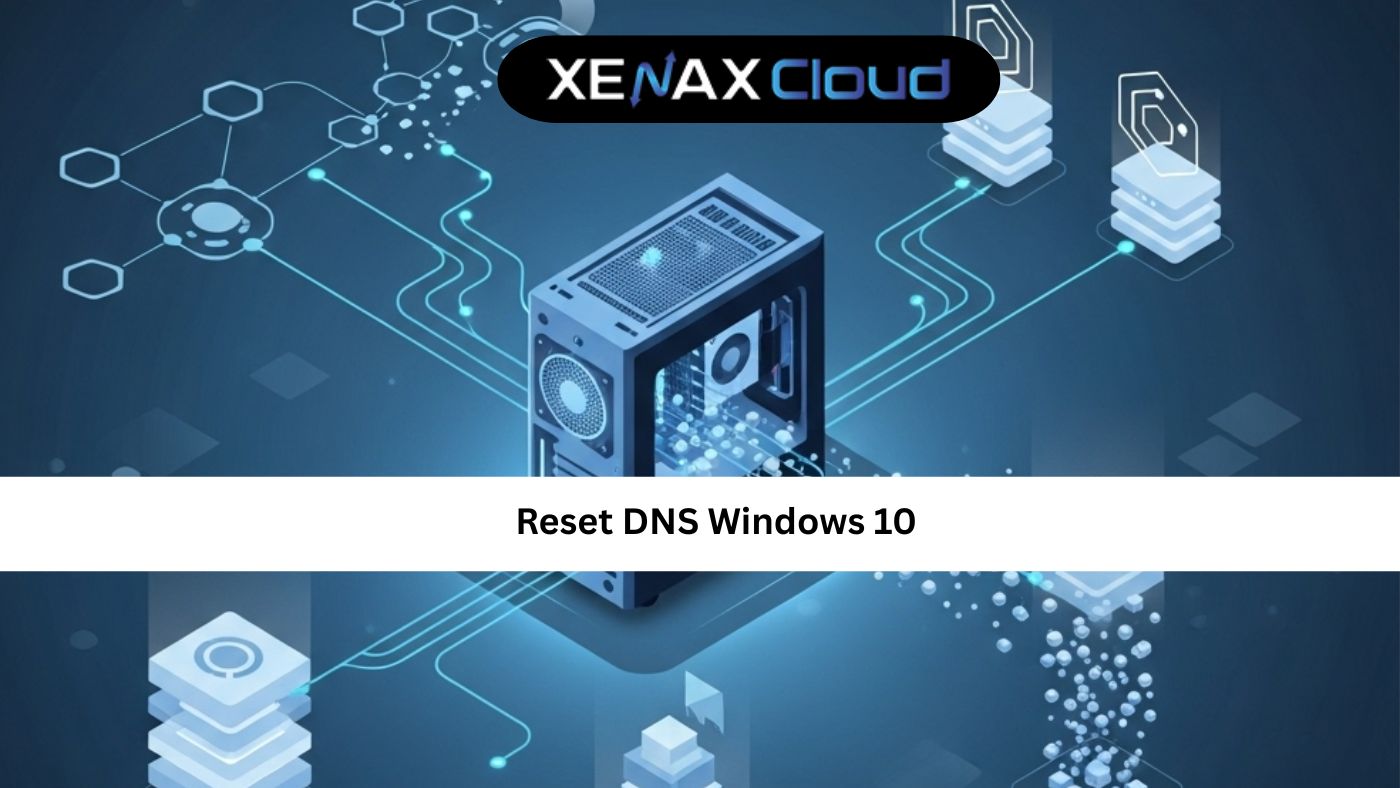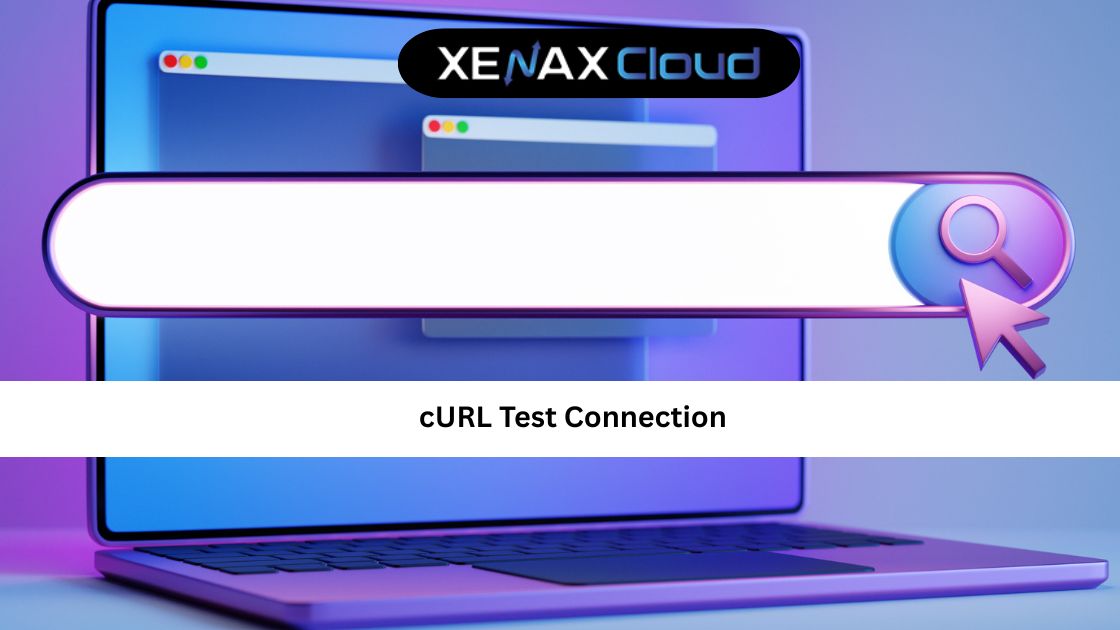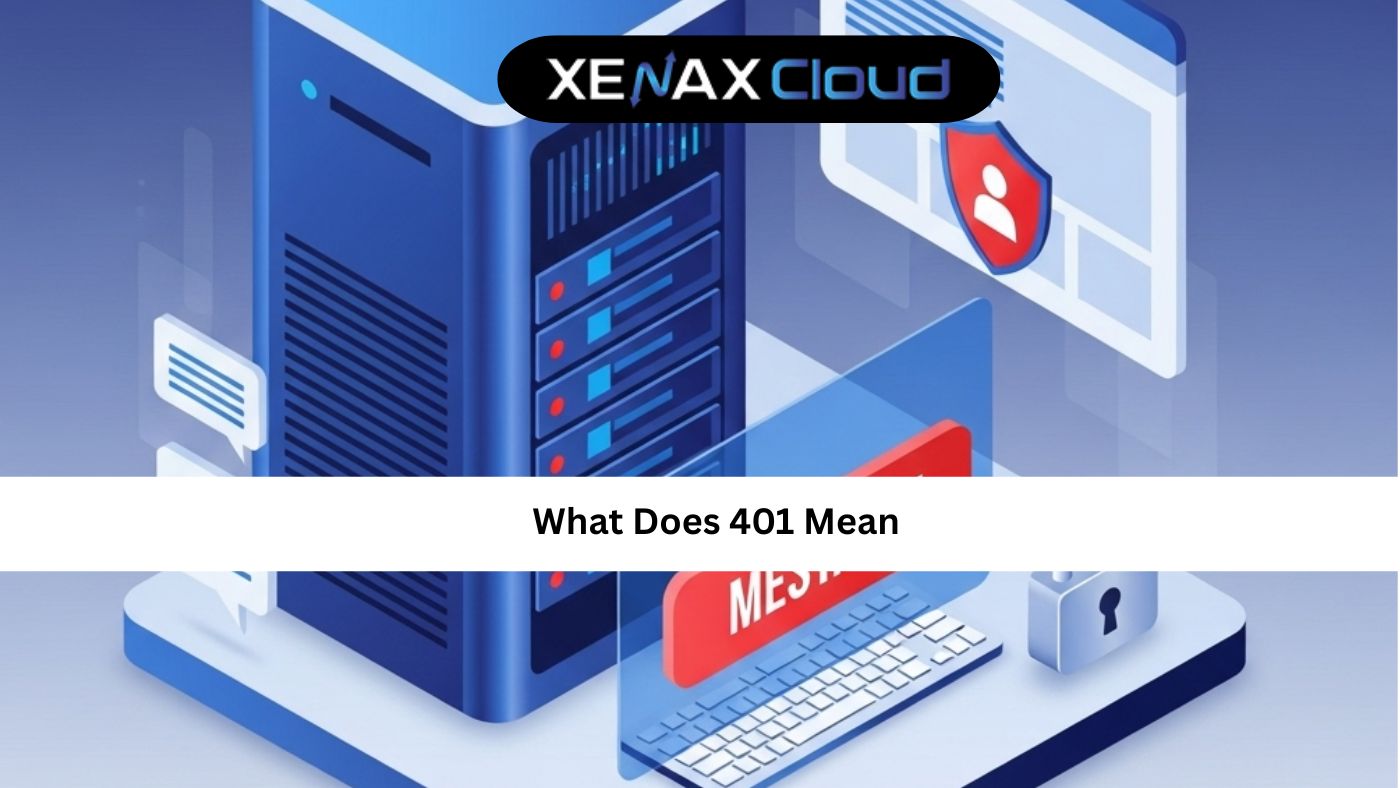Reseller hosting is a proven way for agencies, developers, and entrepreneurs to sell hosting without owning physical servers. With reseller hosting you package accounts, manage customers, and keep margins while your provider handles hardware, networking, and datacenter operations. For global teams, pairing reseller hosting with Indian infrastructure offers a strong balance of price, speed, and support. India’s modern data centers deliver cost-effective bandwidth, lower latency for Asia, solid compliance, and easy scalability — all important when you run dozens or hundreds of client sites.
In this guide you will learn what reseller hosting is, how to choose plans, the technical and business advantages, real-world use cases, and why XenaxCloud’s reseller hosting options are an excellent fit for agencies and small hosting businesses. If you plan to resell hosting, understanding these elements will help you start faster and grow with fewer surprises.
What is reseller hosting and why it matters
Reseller hosting is a service where you buy hosting resources from a provider and re-sell them as branded hosting to your clients. Instead of maintaining servers, you manage accounts, billing, and customer support while the provider maintains the infrastructure. This model turns hosting into a repeatable revenue stream without capital-intensive data center investments.
The appeal of reseller hosting is practical. You control pricing, packages, and client relationships, while the provider handles physical security, network uptime, and hardware upgrades. For agencies, reseller hosting is a value-add you can bundle with website design, SEO, and maintenance services. For freelancers and entrepreneurs it is an entry to managed services with predictable monthly income.
Because reseller hosting depends heavily on the underlying infrastructure, picking a provider with reliable Indian data centers can reduce costs and latency for regional clients while still serving global customers using CDNs and multi-region strategies.

How to choose the right reseller hosting plan
Choosing the right reseller hosting plan requires evaluating three main areas: resource allocation, management tools, and support levels.
- Resource allocation: Look for clear quotas for storage, bandwidth, databases, and email accounts. If you intend to host many small websites, a plan with a higher number of cPanel accounts or generous disk allocation works best. Combine shared-hosting-style reseller options with the ability to upgrade to VPS if a client needs dedicated resources.
- Management tools: A reseller-friendly control panel such as WHM with cPanel simplifies account creation, package creation, and security isolation. Automated billing integration is beneficial if you plan to scale and invoice clients directly.
- Support and SLA: Confirm 24/7 support, clear uptime SLAs, and transparent maintenance windows. Fast provisioning is essential when onboarding new clients or migrating existing sites.
Practically, agencies can start with Shared Hosting Gold — 3 Websites, 25GB Storage, 500GB Bandwidth, $2.39 for low-overhead client sites and move higher-value clients to KVM VPS 2 — 4 Vcore CPU, 16GB RAM, 50GB Storage, 4TB Bandwidth, $10.79 as needs grow. If your business model requires client isolation and root access later, KVM VPS plans provide predictable performance and upgrade paths.
- 10 cPanel + 1 WHM
- 40GB SSD Storage
- 250GB Bandwidth
Reseller hosting: speed, uptime, and security advantages
When evaluating reseller hosting, the provider’s infrastructure determines speed and reliability.
Speed: Modern Indian data centers typically use SSD storage, optimized web stacks, and CDN integration. These elements help client sites load quickly for visitors across Asia and beyond. Because many reseller clients are small businesses in the same region, lower network latency is an immediate advantage.
Uptime: A robust reseller program sits on hosts with redundant power, multi-homed network connections, and automated failover. Look for providers offering at least 99.9% uptime, clear incident communication, and backup policies that protect client data.
Security: Reseller hosting should include account-level isolation, automated malware scans, web application firewall rules, and backup schedules. Providers that offer easy SSL issuance and DDoS mitigation reduce the security burden on resellers and their clients.
Example: An agency using a reseller hosting setup can enable automatic backups and SSL for all client sites, reducing manual work and improving client trust.
Comparison: Indian servers vs US, Canada, Germany, UAE
Below is an objective comparison focusing on latency to Asia, support availability, provisioning speed, and reliability — the practical variables that affect reseller hosting performance and client experience.
| Region | Typical Latency to Asia | Support Availability | Provisioning Speed | Reliability & Uptime |
|---|---|---|---|---|
| India | 20–50ms | 24/7 Regional & Global | Fast (minutes to hours) | Tier III/IV facilities, high |
| United States | 150–220ms | 24/7 but time-zone biased | Fast (hours) | Enterprise-grade, high |
| Canada | 160–230ms | Business Hours & Global | Moderate | High |
| Germany | 140–200ms | Business Hours & Global | Moderate | High |
| UAE | 70–120ms | Regional with limited windows | Moderate | Growing, improving |
This technical comparison shows why Indian servers are often ideal for resellers serving clients in Asia-Pacific and nearby regions. Fast provisioning and 24/7 support speed up onboarding and troubleshooting, improving client satisfaction.
Real-world use cases for reseller hosting
Reseller hosting supports a variety of business models. Here are practical examples and why reseller hosting fits them.
Agencies offering web design and maintenance: An agency packages hosting with monthly maintenance and provides single invoices. WHM whitelabeling helps the agency present a branded control panel to clients while the provider maintains the infrastructure.
Developers managing client sites: Freelancers can host multiple client sites in separate cPanel accounts for easier backups, staging, and permissions. Using reseller hosting reduces the need to negotiate direct contracts with data center providers.
Entrepreneurs building hosting businesses: Entrepreneurs can price tiers for small business websites and scale by buying more reseller resources as the customer base grows.
Managed WordPress service providers: Combining reseller hosting with managed wordpress hosting workflows lets providers offer automatic updates, caching, and targeted support for WordPress customers. This hybrid approach allows resellers to sell managed services without managing servers.
E-commerce boutiques: Small online stores benefit from reseller accounts with predictable resource quotas and easy backups, which keeps operations simple and reliable.
How to price packages and keep margins
A reseller’s profitability depends on packaging and service tiers. Consider three tiers: basic, standard, and premium.
Basic: For brochure sites and blogs, offer limited storage and bandwidth but include weekly backups and basic support.
Standard: For multi-page sites and small e-commerce, increase storage and bandwidth, add daily backups and SSL, and offer faster support response times.
Premium: Offer isolated resources, priority support, staging, and migration assistance. Recommend moving premium clients to VPS later for higher performance.
Factor in: provider cost, your support time, marketing costs, and desired margin. Automation reduces support time and increases margins. Offering maintenance plans and managed wordpress hosting as upsells improves lifetime value.
Scalability and upgrade paths (technical and business)
A strong reseller hosting program includes clear upgrade paths. As client needs grow, you will want seamless options to move individual accounts to VPS or dedicated resources without long downtime.
Technical steps to support scalability:
- Monitor resource usage per account to identify candidates for migration.
- Use staging environments to test performance before migration.
- Keep DNS TTLs low prior to migration to accelerate DNS propagation.
- Offer managed migrations as a premium service.
XenaxCloud’s KVM VPS family provides vertical scaling options when clients outgrow shared environments. Start reselling with a shared reseller plan and move high-traffic accounts to KVM VPS 2 — 4 Vcore CPU, 16GB RAM, 50GB Storage, 4TB Bandwidth, $10.79 or higher when appropriate.
Recommended plans for reseller hosting businesses
Selecting the best plan depends on your expected client mix.
- For new resellers and agencies starting out: pair reseller packages with Shared Hosting Gold — 3 Websites, 25GB Storage, 500GB Bandwidth, $2.39 to host a few client sites affordably while learning account management.
- For growing resellers with client diversity: maintain reseller accounts and reserve KVM VPS 2 — 4 Vcore CPU, 16GB RAM, 50GB Storage, 4TB Bandwidth, $10.79 for premium clients needing dedicated resources.
- For agencies offering managed WordPress services: combine reseller hosting with managed wordpress hosting offerings and consider ProScale — 10 Websites, 25GB Storage, 200GB Bandwidth, $1.79 for multi-site bundles during initial onboarding.
- For high-performance reseller needs: Gold KVM VPS tiers provide more CPU and RAM for resource-intensive client sites.
These plan suggestions help you match costs to client revenue and scale without sudden surprises.
FAQ —
What is reseller hosting?
Reseller hosting is a service where you sell hosting accounts to clients while a provider handles the physical infrastructure.
How does reseller hosting differ from shared hosting?
Reseller hosting gives you management tools like WHM to create client accounts, while shared hosting gives single-account access for one website.
Can Indian reseller hosting serve global clients?
Yes, with CDN integration and multi-homing Indian reseller hosting can serve global customers while offering low latency in Asia.
Is reseller hosting suitable for managed WordPress hosting?
Yes, reseller hosting can be bundled with managed wordpress hosting to offer automatic updates and caching as premium services.
How do I ensure client data security as a reseller?
Choose providers with account isolation, automated backups, SSL support, and strong access controls to protect client data.
Conclusion
Reseller hosting is a powerful business model for agencies, developers, and entrepreneurs who want to offer hosting without running physical data centers. When paired with modern Indian infrastructure, reseller hosting delivers cost-effectiveness, lower latency across Asia, robust security, and clear scalability paths. XenaxCloud’s reseller hosting solutions and upgrade options to KVM VPS provide a dependable foundation to build recurring revenue and strong client relationships.
Internal Link: Learn more about XenaxCloud Reseller Hosting. https://xenaxcloud.com/reseller-hosting/






